How To Kill Learner Curiosity In 12 Easy Steps
Killing a learner’s natural curiosity doesn’t happen overnight. It can take as long as 12 years, and in rare cases that isn’t long enough.
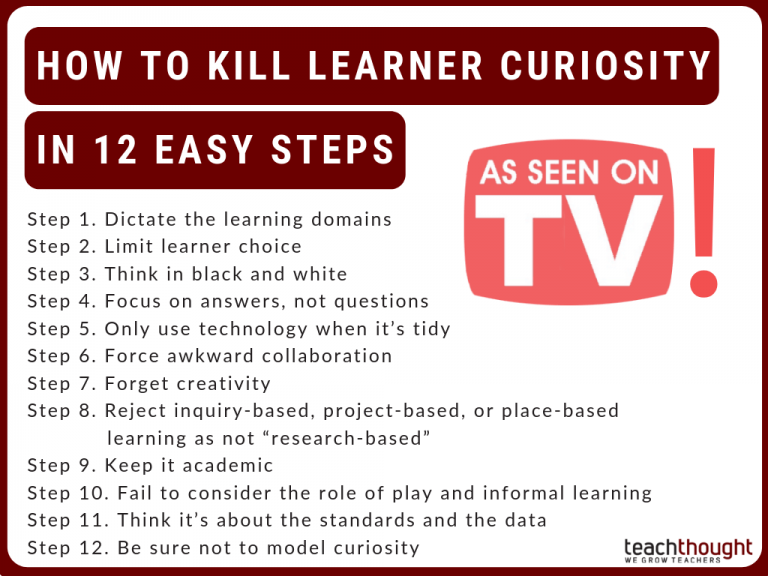
Killing a learner’s natural curiosity doesn’t happen overnight. It can take as long as 12 years, and in rare cases that isn’t long enough.
What are the things that teachers can change? What if your goal was to change the arc of your students’ lives?
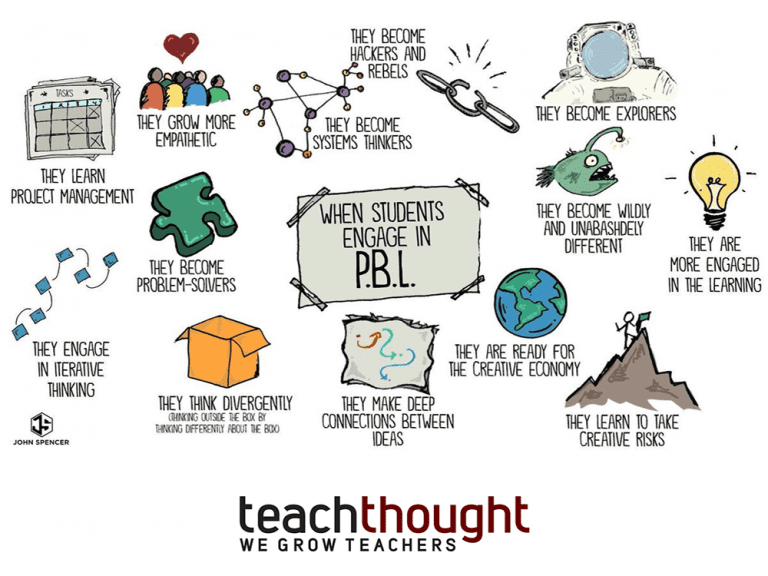
For each of the 13 potential outcomes of project-based learning, I added a tip to help increase the chance that this potential is realized.
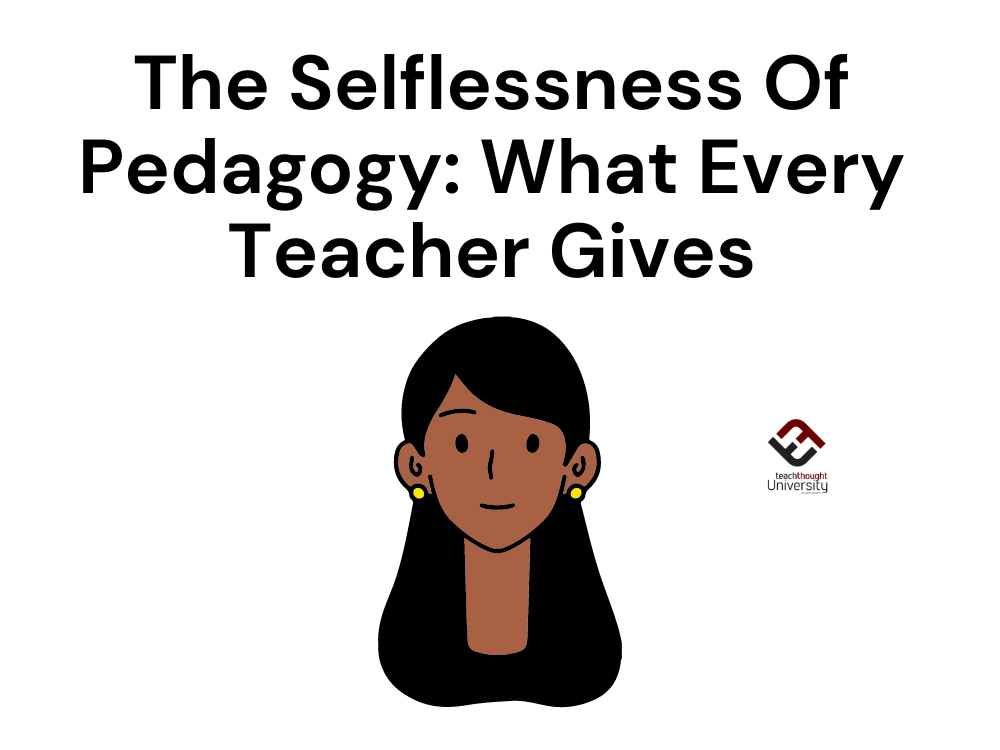
The ‘giving’ of yourself implies that you give your whole self to the act of teaching–that you merge your ‘self’ and your pedagogy.
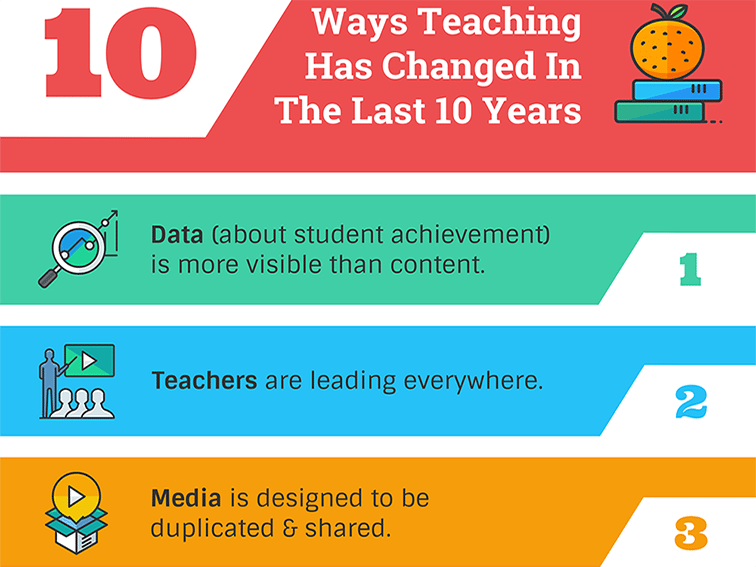
Even as apps have fallen in favor, mobility is the new standard. Information, communication, search—mobility matters in the modern world.

To get the best work from a student, they need to create their own standards for quality academic work–ideally alongside you, as a teacher.
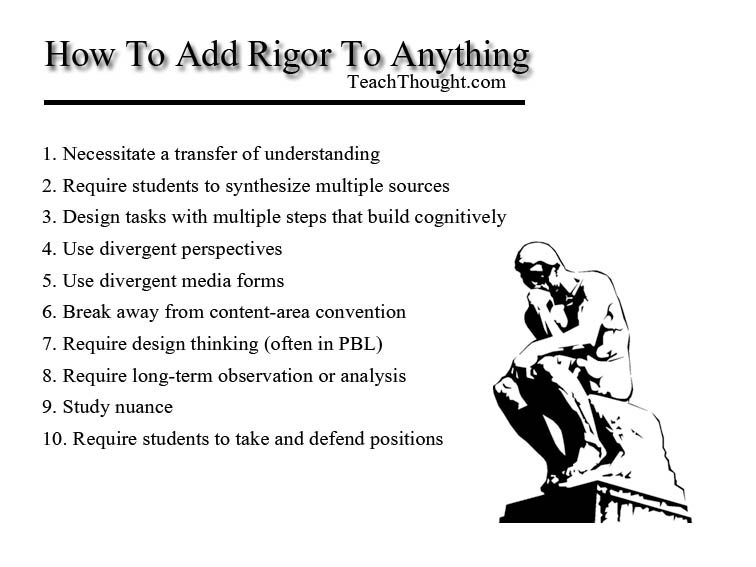
In rigorous tasks, learners will often need to synthesize data, positions, or theories from multiple sources or perspectives.
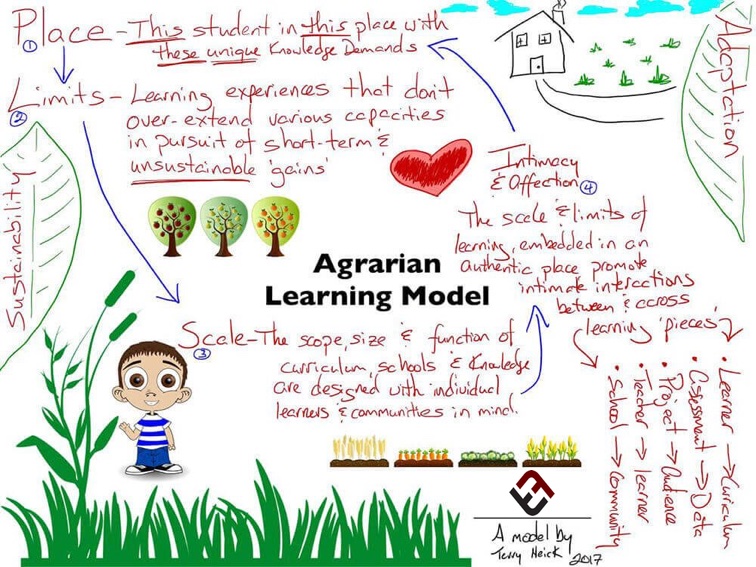
The reasons to learn given at the end of the list are better than those at the beginning, & all are adequate ‘purposes of school.’
Who gets to say you’re doing a good job as a teacher? When you go to bed at night, whose approval are you really looking for?
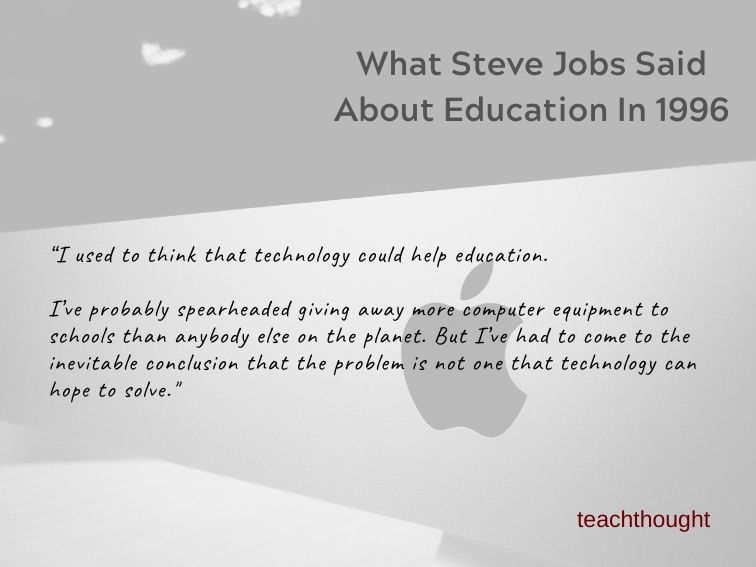
“What’s wrong with education cannot be fixed with technology. No amount of technology will make a dent. The problems are sociopolitical.”
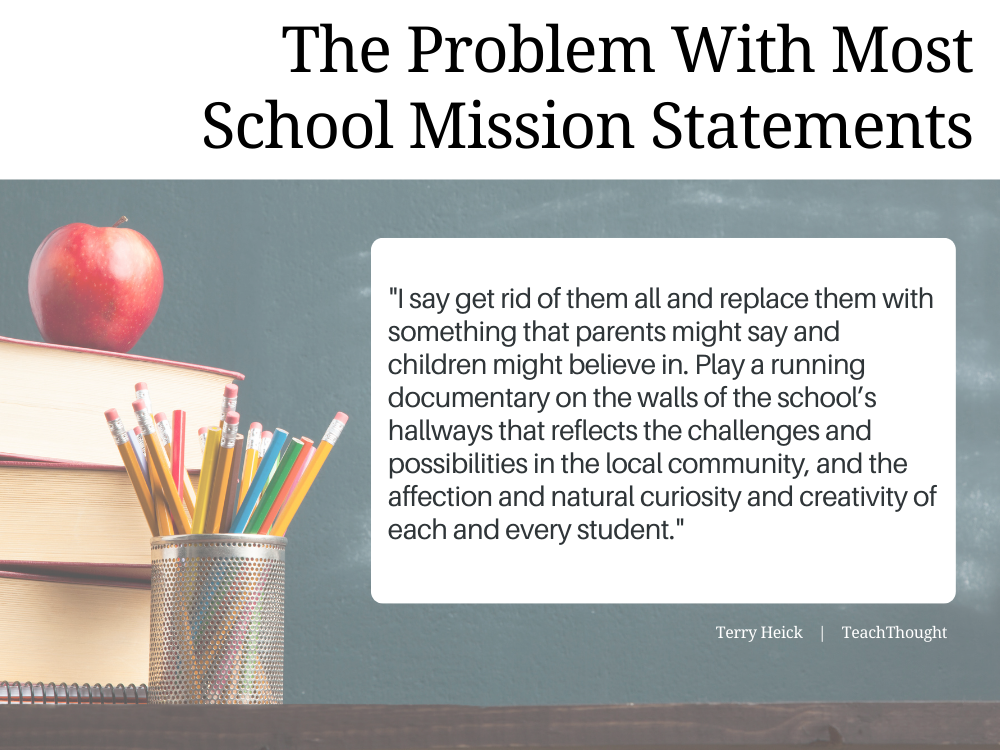
Why do we create school mission statements alongside the planets & stars, then insist on data and strategies grounded in research & reality?
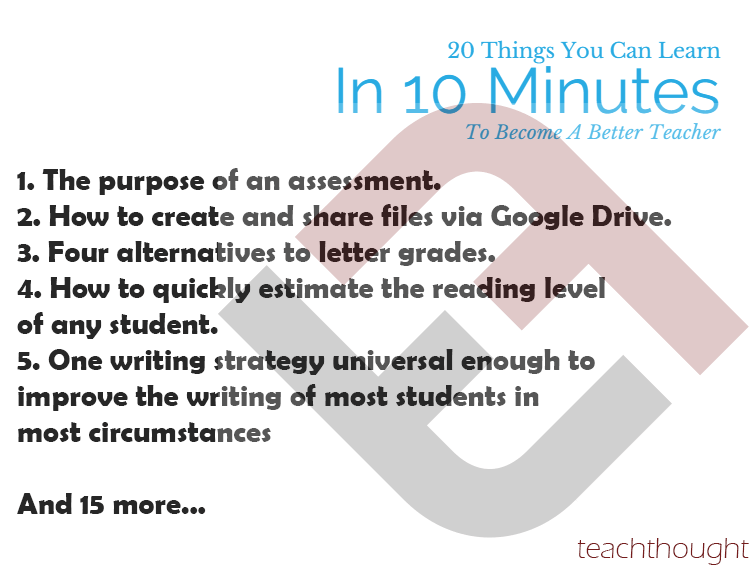
This list includes 20 (mostly) simple things you can do (relatively) quickly to become a better teacher in the 21st century.